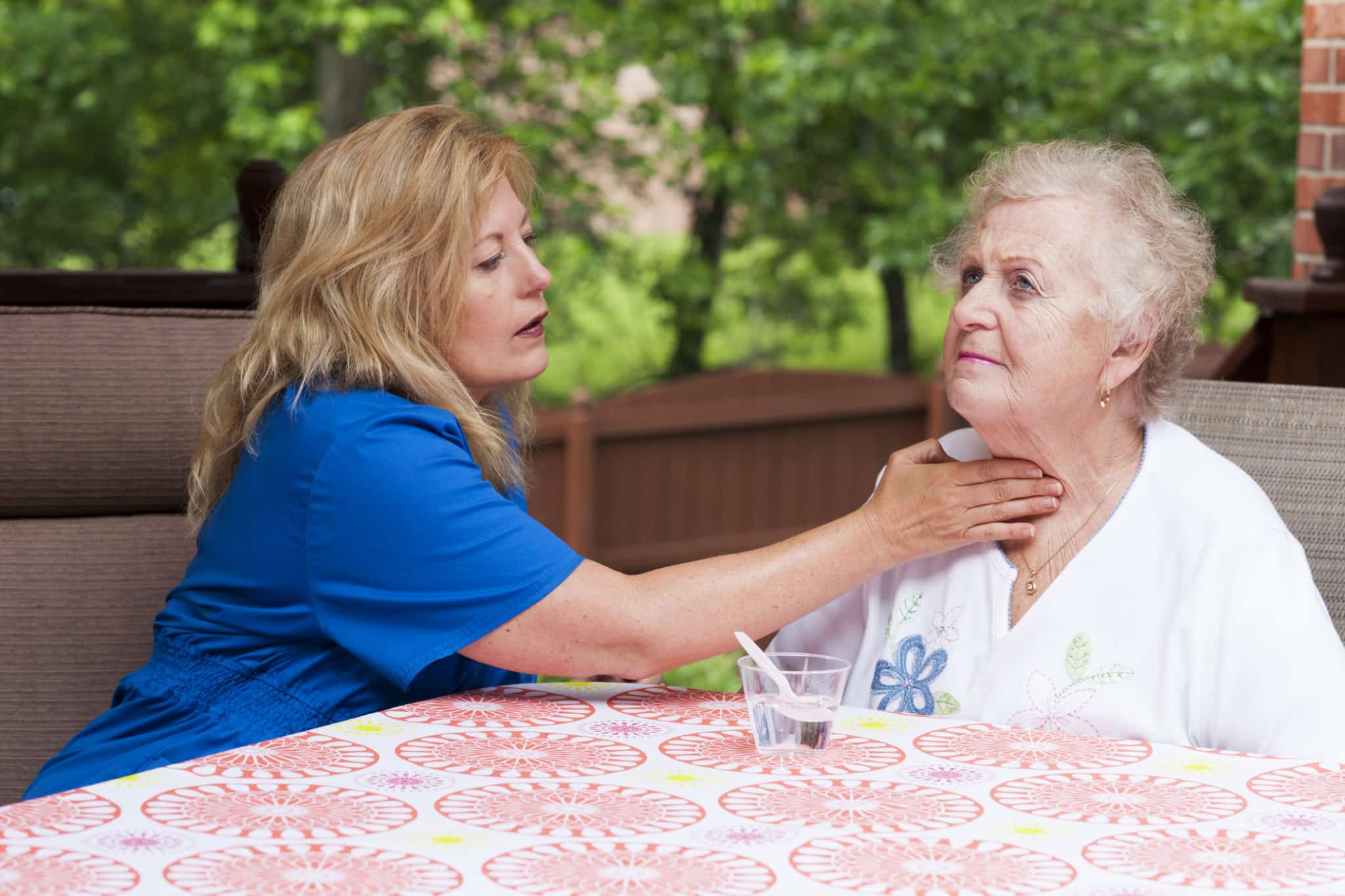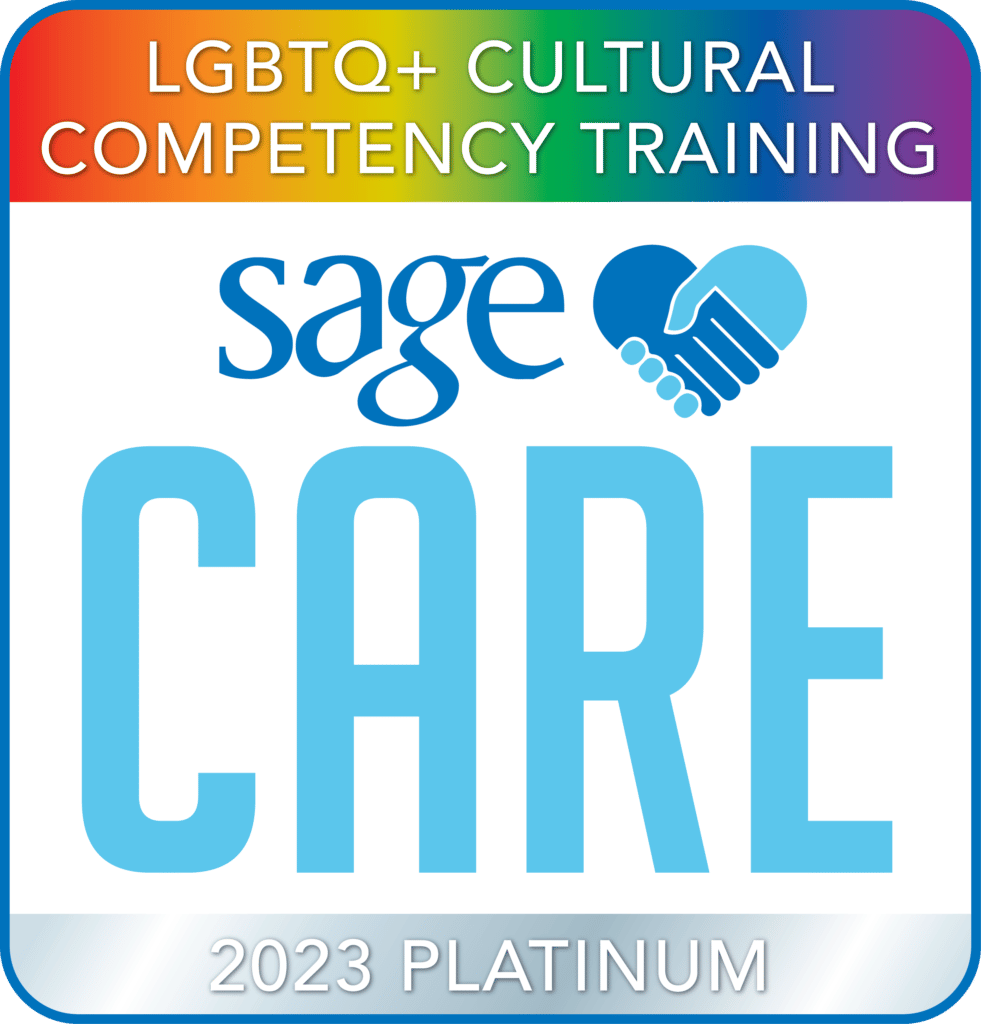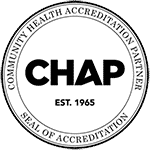How to Manage Dysphagia in Seniors

“Dysphagia” is a medical term used to describe difficulty swallowing food or liquids – an issue that many older adults struggle with, especially if they suffer from certain forms of cancer, dementia conditions, neurodegenerative conditions, or have had a stroke. Here is a short list with three tips, offering some advice on how caregivers can manage dysphagia, from our senior home care services team in New Jersey:
Consult with a Doctor
If the dysphagia is a new symptom, it’s essential that you visit your senior loved one’s doctor as soon as possible, as it may indicate a health condition that needs to be diagnosed and treated. If the dysphagia has already been diagnosed and examined by their doctor, then discuss treatment options with them before trying them out, as some may be more suitable and effective than others. While dysphagia can be challenging to deal with, in many cases it is not permanent, and people can recover a lot of their former abilities.
Rehabilitative Therapy for Dysphagia
One type of treatment for this issue is rehabilitative therapy. This consists of swallowing therapy designed to strengthen the mouth and throat muscles, and may include device-driven exercises using an Expiratory Muscle Strength Trainer (EMST) or an AbilexTM Oral Motor Exerciser. Both of these devices can be used at home.
Dietary Modifications
Often, changes in diet successfully address difficulty swallowing and the risk of aspiration (breathing in food particles) or choking (blocking their trachea). This usually includes drinking thickened liquid foods and pureeing food. Thin liquids are not a good idea, as they can be aspirated more easily. Avoid ice cream and jello as they melt into a thin liquid. Keep away from straws as they increase the flow of liquid into the mouth, and the weaker throat muscles cannot cope.
Good foods to encourage include avocado, Greek yogurt, smooth peanut butter, coconut cream, and soft cheeses. Cream and protein powders can be added to meals to increase calorie intake while winter squash, steamed vegetables, and fruit can be easily pureed.
It’s important for caregivers to be extra mindful during meal and snack times, encouraging slow and thorough chewing, taking sips of water between each bite of food, and not slouching over while eating. Your loved one should sit as upright as possible while eating, even if they need additional support to do so.
Swallow medications in pill form with a thickened beverage or crush into pureed food like applesauce or pudding. Very sweet flavors will make the pills easier to eat and hide their bitter taste best. Before crushing a pill, check the pharmacy label to ensure that you can do so; some medications should not be crushed and may have to be replaced with a liquid alternative.
Compassionate Senior Home Care Services in NJ from Qualified, Experienced Professional Caregivers
At United Methodist Communities in New Jersey, we understand the challenges of providing expert medical care and companionship to seniors while encouraging a full and independent life, which is why we’ve developed our HomeWorks program.
Through this program, trained and highly experienced staff can assist seniors and their families through comprehensive at-home care for the elderly. Each care plan is designed around the client’s exact needs, filling in with necessary assistance while allowing your loved one to remain in the comfort of their home.
For more information on our senior home care services and home health aide services in New Jersey, please contact us today or visit our website at https://umcommunities.org/homeworks/senior-care-new-jersey/.






